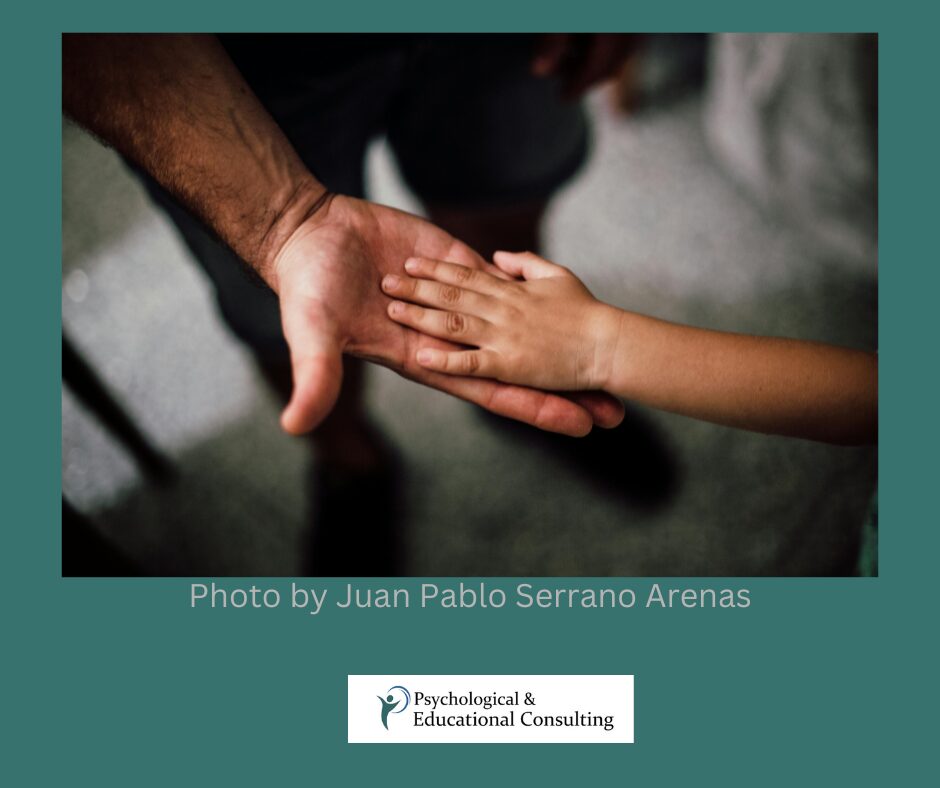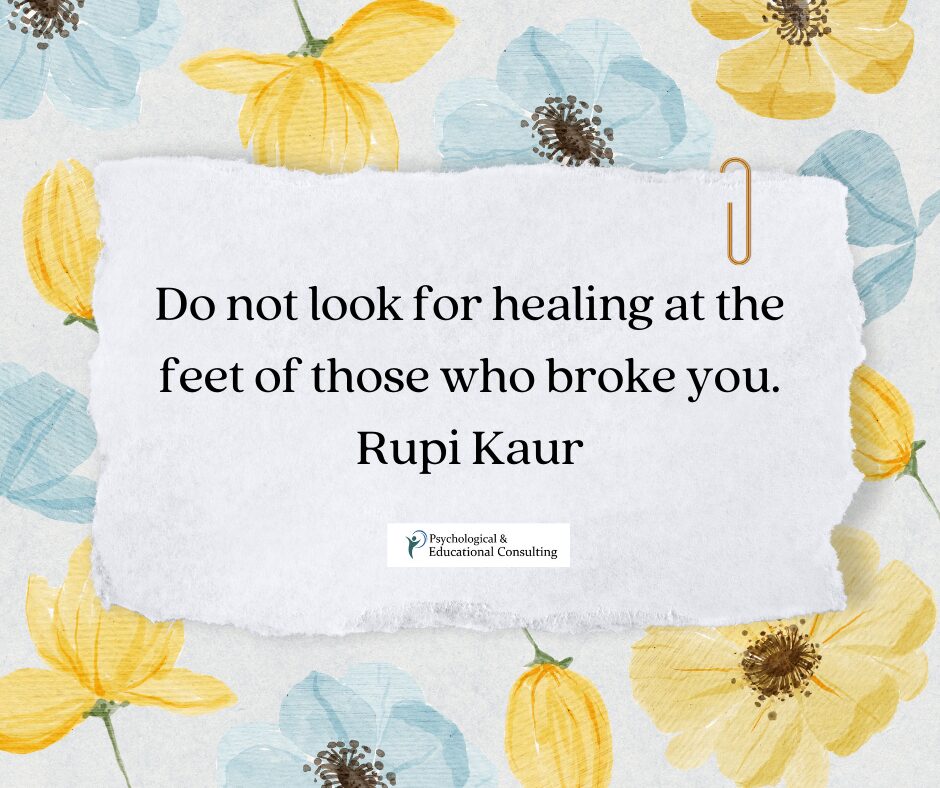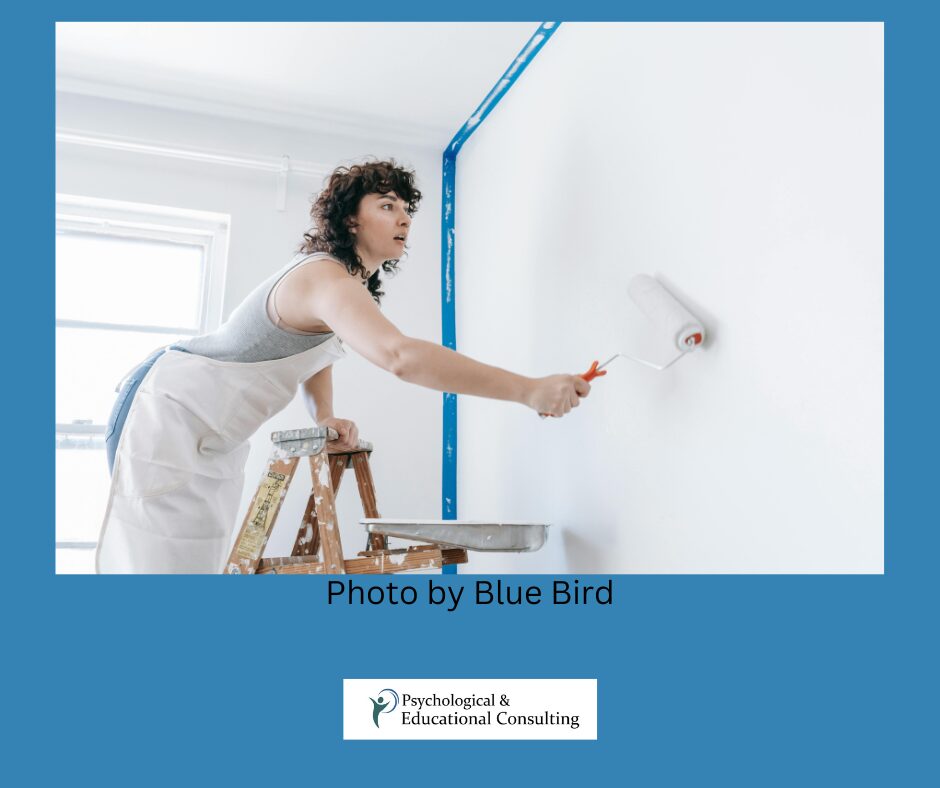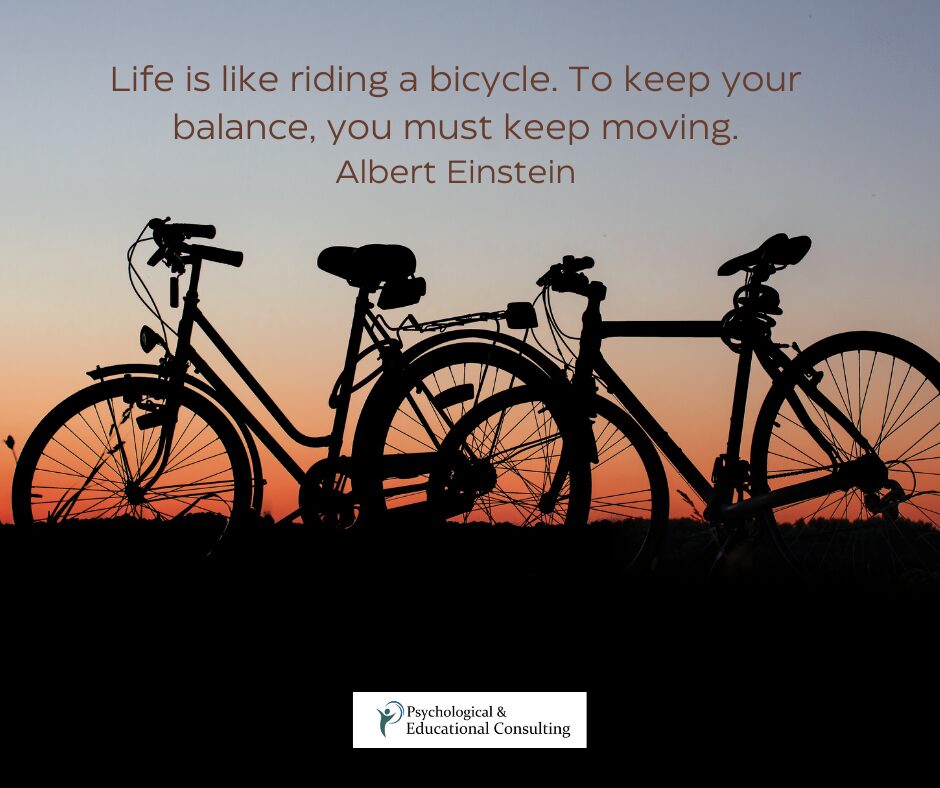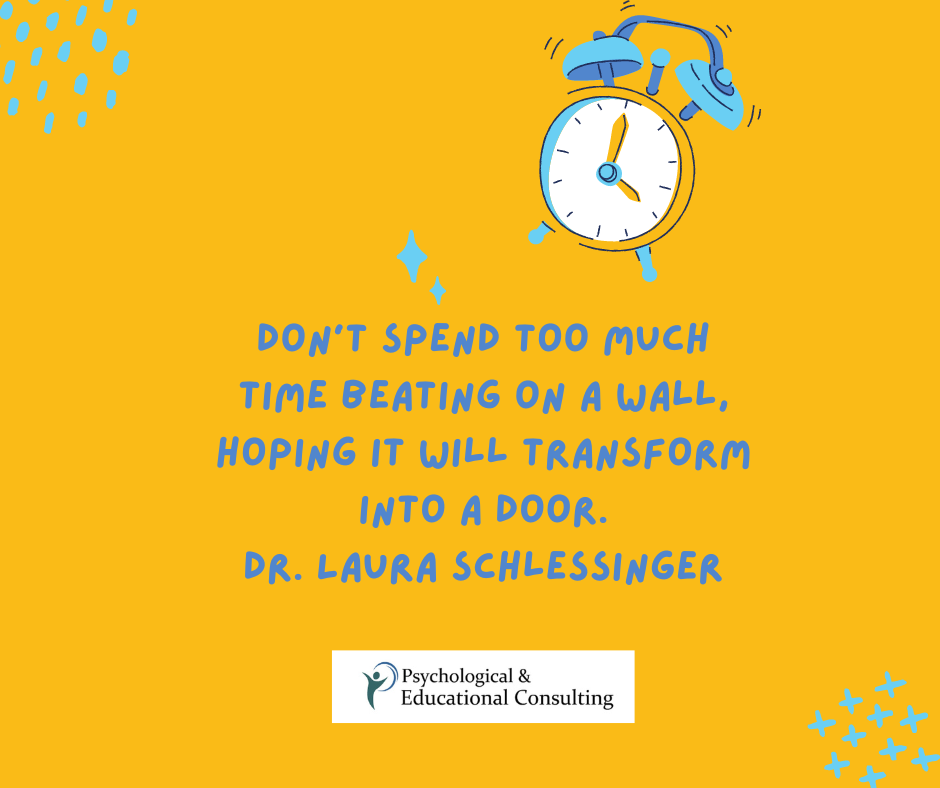Self-Love for Single Parents: Five Ways to Take Care of Yourself
posted on Share Abode
Self-love for single parents can be hard. Separation and divorce often leave us with damaged self-esteem. Moreover, taking care of a child on your own often means sacrificing your own needs — physical, material, and emotional. But as your child’s role model, it is important for you to show them the importance of confidence and self-care.
Self-love for single parents isn’t a cure for all ills. It can’t magically fix your loneliness, insecurity, depression, anxiety, or resentment. But it is an important ingredient of good parenting.
So here are ways to help you build self-love today:
1. Practice Emotional Hygiene
Mental hygiene is the practice of maintaining emotional, psychological, and social well-being. There are many ways you can practice emotional hygiene. One way is to reach out to your friends, loved ones, and family members when you are feeling lonely. Make plans to meet for lunch or a virtual coffee date if they are far. This can help against emotional isolation.
2. Get Enough Sleep
Being exhausted all the time means you are not taking care of yourself enough. This is risky because you can’t take care of your child effectively if you get sick. Additionally, it compromises your psychological and physical health. Eat well, exercise, and get enough sleep.

